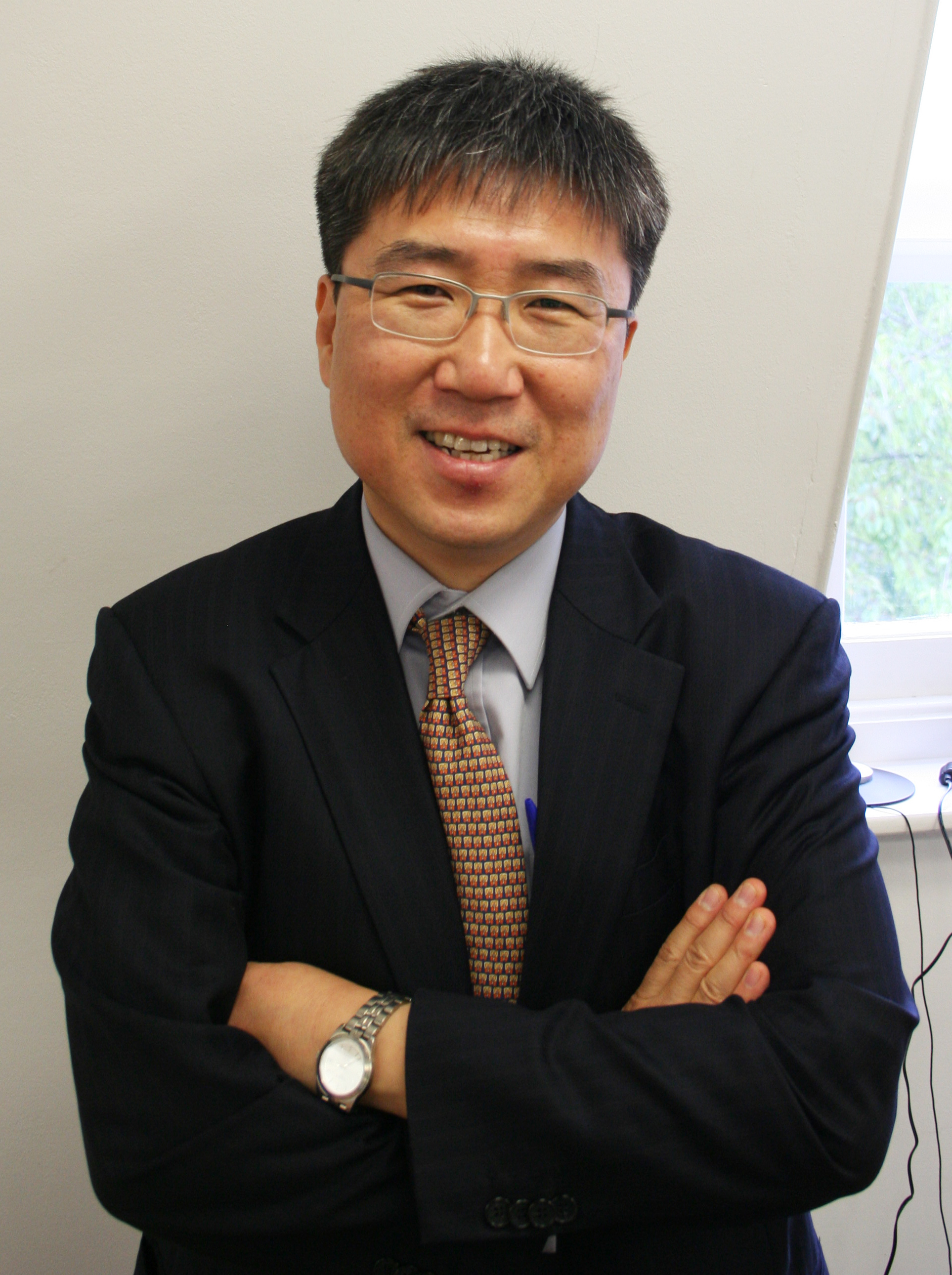Fonte: Bad Samaritans: The Myth of Free Trade and the Secret History of Capitalism (2008), Ch. 7: 'Mission impossible?; Can financial prudence go too far?', There is inflation and there is inflation, p. 149
Contexto: Inflation is bad for growth—this has become one of the most widely accepted economic nostrums of our age. But see how you feel about it after digesting the following piece of information.
During the 1960s and the 1970s, Brazil's average inflation rate was 42% a year. Despite this, Brazil was one of the fastest growing economies in the world for those two decades—its per capita income grew at 4.5% a year during this period. In contrast, between 1996 and 2005, during which time Brazil embraced the neo-liberal orthodoxy, especially in relation to macroeconomic policy, its inflation rate averaged a much lower 7.1% a year. But during this period, per capita income in Brazil grew at only 1.3% a year.
If you are not entirely persuaded by the Brazilian case—understandable, given that hyperinflation went side by side with low growth in the 1980s and the early 1990s—how about this? During its 'miracle' years, when its economy was growing at 7% a year in per capita terms, Korea had inflation rates close to 20%-17.4% in the 1960s and 19.8% in the 1970s. These were rates higher than those found in several Latin American countries... Are you still convinced that inflation is incompatible with economic success?
